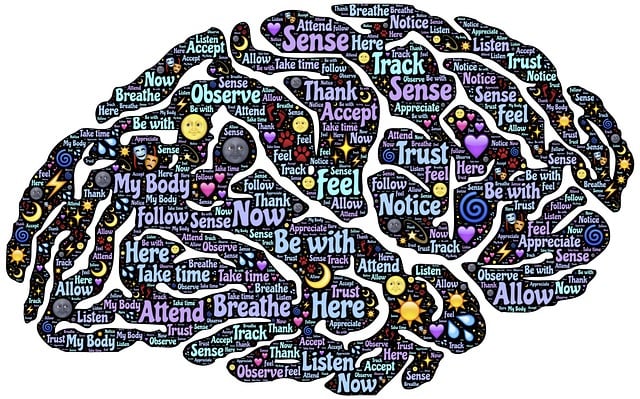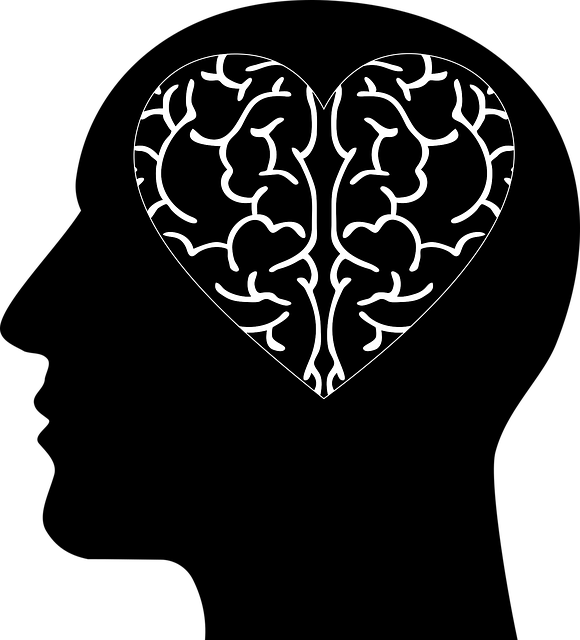Mental wellness journaling is a creative and safe therapy for young children, helping them process emotions and experiences, including those from bariatric evaluations. By expressing their feelings through writing, kids build resilience, develop healthier coping mechanisms, and gain self-awareness. This method supports them in navigating challenges more effectively, making bariatric discussions less intimidating. A dedicated journaling space, designed without distractions with soft lighting and nature-inspired elements, can enhance therapy and promote positive emotional changes. Journaling is versatile across ages, offering emotion processing, experience reflection, and goal setting. Tracking progress through journaling helps monitor growth, celebrate achievements, and foster a sense of accomplishment in mental wellness journeys, including bariatric evaluations.
Mental wellness journaling is a powerful therapy for young children, offering a safe space to express emotions and thoughts. This article guides parents and educators through the process of introducing this practice, highlighting its benefits in fostering resilience and emotional intelligence. We’ll explore how to set up an engaging journaling space, provide age-appropriate prompts, and track progress. From enhancing self-awareness to promoting healthy coping mechanisms, mental wellness journaling can be a transformative tool for kids, even as it serves as a valuable barometric evaluation for their overall well-being.
- Understanding Mental Wellness Journaling for Young Children
- Benefits of Journaling as a Therapy for Kids
- Setting Up a Safe and Engaging Journaling Space
- Types of Journal Prompts for Different Age Groups
- Tracking Progress and Celebrating Achievements
Understanding Mental Wellness Journaling for Young Children

Mental wellness journaling can be a powerful tool for young children to explore and understand their emotions, thoughts, and behaviors. Unlike traditional therapy sessions, which often involve talking through experiences, journaling allows kids to externalize their feelings through creative expression. This is particularly beneficial as it encourages self-reflection and provides a safe space for them to process complex emotions, especially those that might be challenging to verbalize.
For instance, bariatric evaluations can highlight the emotional toll of weight-related issues in children. Journaling exercises can offer a means to address these concerns through stress reduction methods and trauma support services. By documenting their feelings and experiences, young individuals can build resilience and develop healthier coping mechanisms. This practice fosters self-awareness and equips them with valuable skills to navigate life’s challenges more effectively.
Benefits of Journaling as a Therapy for Kids

Journaling can be a powerful tool for kids to explore and express their emotions, making it an effective therapy for young minds. Regular writing practices have been linked to numerous benefits in children, from enhancing self-awareness to fostering resilience. By putting pen to paper, kids can engage in a form of self-reflection that encourages them to process their thoughts and feelings, which is especially beneficial during challenging times. This simple act allows them to identify and name emotions, a crucial step in developing effective coping skills.
Through journaling, children can also learn valuable compassion cultivation practices, helping them understand and accept their own experiences as well as those of others. It provides a safe space for them to document their day-to-day lives, track their moods, and even set personal goals, all of which contribute to improved mental wellness. Moreover, bariatric evaluations can be less daunting when kids are encouraged to articulate their concerns and aspirations on paper, paving the way for more productive conversations with healthcare professionals.
Setting Up a Safe and Engaging Journaling Space

Creating a dedicated journaling space can significantly enhance the therapeutic process for young children and their mental wellness journey. This safe haven should be free from distractions and designed to foster creativity and open expression. Consider setting up your child’s journal on a low table with comfortable seating, allowing them to feel in control and at ease while they write or draw. Incorporate soft lighting and some of their favorite items to create a warm and inviting atmosphere, encouraging regular journaling sessions.
The environment plays a crucial role in promoting positive thinking and resilience building. Encourage your child to personalize their space with nature-inspired elements like plants or a small water feature, which can act as a gentle reminder of the calming effects of compassion cultivation practices. By making journaling an enjoyable and accessible activity within this special area, you’re more likely to see consistent engagement and, potentially, positive changes in their emotional state, much like how bariatric evaluations guide physical health transformations.
Types of Journal Prompts for Different Age Groups

Journaling can be a powerful tool for mental wellness at any age, offering an opportunity to process emotions, reflect on experiences, and set personal goals. For young children, prompts should be simple, open-ended, and often visual. Encouraging them to draw their day or describe their feelings through colors can stimulate creativity and self-expression. Therapy for young children can incorporate journaling as a way to introduce concepts like mindfulness, where they are prompted to focus on their senses or track their moods.
For older age groups, prompts can become more complex and introspective. Adolescents might be encouraged to explore their aspirations through hypothetical scenarios or reflect on past challenges and how they overcame them. Adults, especially those considering bariatric evaluations or managing stress reduction methods, could benefit from prompts that focus on self-care practices, gratitude lists, or setting realistic goals for personal growth, all of which contribute to Mental Illness Stigma Reduction Efforts. Even incorporating snippets from a Mental Wellness Podcast Series Production can inspire reflections and discussions.
Tracking Progress and Celebrating Achievements

Tracking progress is a vital component of any mental wellness journey. Journaling offers a powerful tool to monitor your growth and reflect on achievements, no matter if you’re seeking therapy for young children or navigating complex bariatric evaluations. By regularly reviewing your entries, you can identify patterns, track mood fluctuations, and celebrate small victories that contribute to overall well-being. This process helps foster a sense of accomplishment and encourages continued effort in maintaining positive mental health practices.
For instance, reflecting on past journal entries can highlight areas where you’ve successfully implemented coping strategies for depression prevention or improved mood management. These insights empower individuals to design personalized mental health education programs that address specific challenges, fostering a deeper connection with one’s emotional landscape.
Mental wellness journaling offers a powerful, engaging therapy for young children, fostering self-awareness and emotional intelligence. By implementing the strategies outlined in this guide, from setting up safe spaces to using age-appropriate prompts, parents and caregivers can support their children’s mental health journey. Regular journaling practices may even aid in identifying potential issues early on, similar to bariatric evaluations in adult healthcare. With continued research and exploration, journaling proves to be a valuable tool in enhancing kids’ overall well-being.














